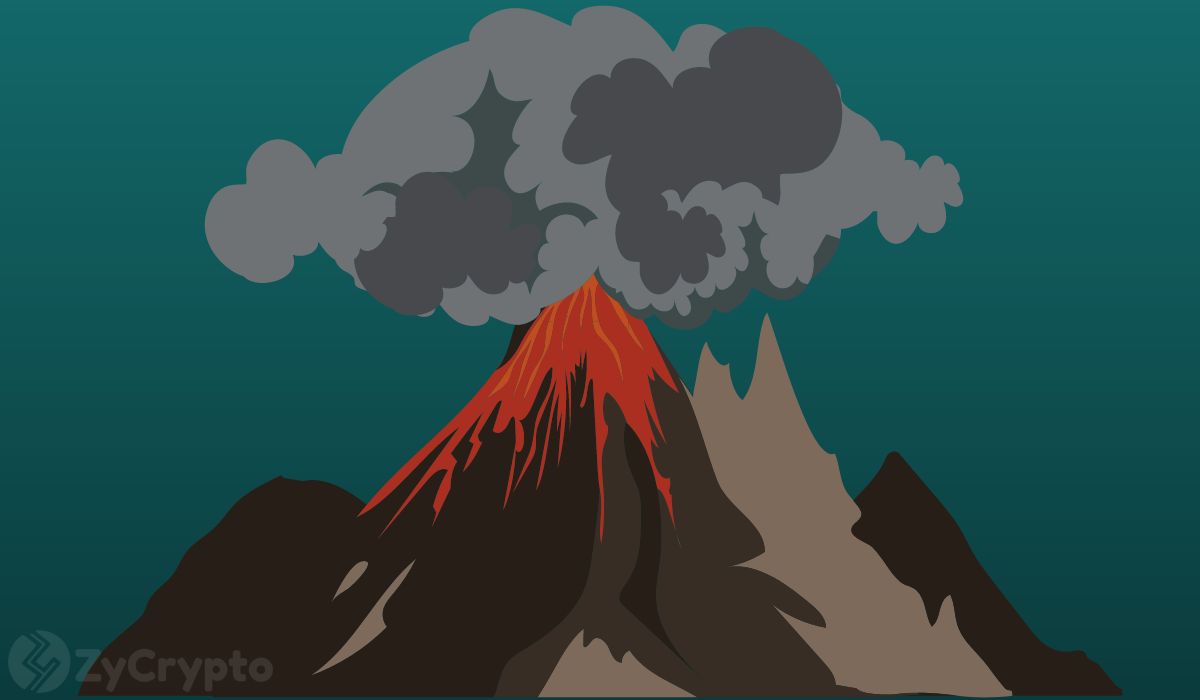ARTICLE AD BOX

El Salvador has mined 473.5 Bitcoin (BTC) worth $29 million over the last three years using its rich volcanic geothermal energy.
According to a Reuters report today, the BTC was mined with power from the Central American nation’s Tecapa volcano with 300 mining processors. El Salvador has assigned 1.5 megawatts (MW) to crypto mining out of the 102 MW generated by the government-owned power plant.
El Salvador’s geothermal-powered mining initiative puts the country at the forefront of renewable energy mining in the face of increasing scrutiny over Bitcoin’s energy-intensive methods relying on fossil fuels and electricity.
The country’s total Bitcoin hoard now stands at 5,750 BTC (equivalent to nearly $354 million as of this writing). President Nayib Bukele’s idea to put the alpha crypto in the government’s coffers came after he announced plans to give the asset legal tender status back in 2021, alongside the U.S. dollar. El Salvador also introduced its own Bitcoin wallet — called the Chivo Wallet — and announced plans to launch at least 1,500 BTC ATMs to help boost adoption.
El Salvador Doubles Down On Bitcoin Dream
Bukele won reelection in February by a huge landslide, and he continues driving El Salvador’s Bitcoin adoption despite facing pushback from the International Monetary Fund, World Bank, and U.S. lawmakers.
The wintry freeze of the 2022 to 2023 crypto winter intensified criticism, with many questioning President Nayib Bukele’s decision to diversify into BTC. However, the millennial social media-savvy president doubled down on his Bitcoin gamble by announcing that the nation would purchase one BTC daily. Despite the nation’s considerable profits, Bukele has maintained that the nation has no intention of selling its BTC.
El Salvador is attempting to brand itself as a tropical tax haven and lure in crypto-loving entrepreneurs. Last year, the Salvadoran government announced a ‘freedom visa” program offering high-net-worth foreigners a passport and residency if they invest $1 million in BTC or Tether’s USDT in the tiny Latin American country.
.png)
 6 months ago
14
6 months ago
14








 English (US)
English (US)